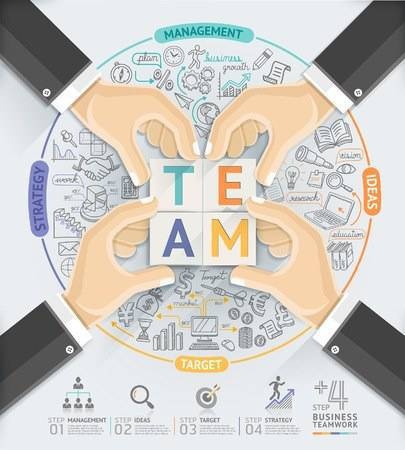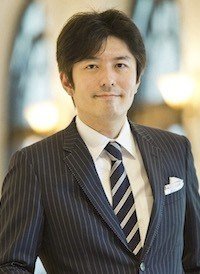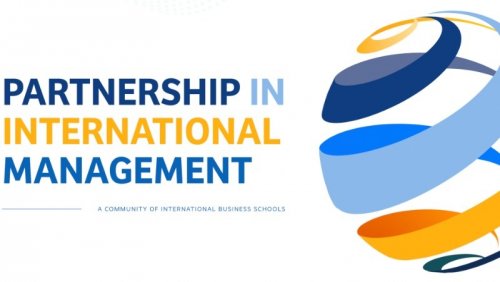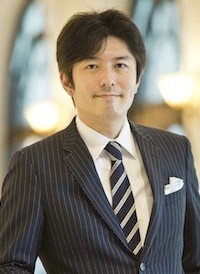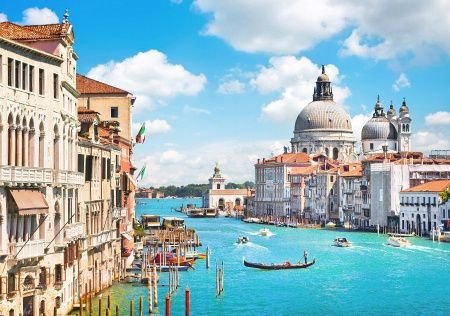The University of Chicago Graduate School of Business was the first school in the world to introduce the Executive MBA (EMBA), which was launched in 1943 as an MBA program for working adults with extensive experience. Since then, the EMBA degree is often used in the U.S. and Europe to distinguish such programs for seasoned veterans of business from the MBA. In the U.S., MBA admission does not necessarily require working experience, whereas the EMBA does. Thus, the EMBA has been recognized as the MBA for working adults.
What exactly is the difference between an EMBA and an MBA?
The reason why we need to distinguish between MBA and EMBA is clear: there is a wide range of working adults who attend business schools, from the junior class in their 20s who have just graduated from college, to the middle class in their 30s, 40s and 50s who play a central role in companies, to the senior class in their 60s and 70s. This is why we mainly recruit junior MBA students and middle-class EMBA students. It is difficult to imagine middle class people as executives, but I think it would be better if you think of them as the generation who will be in a position to have subordinates.
The programs are categorized as "EMBA" and "MBA" depending on the length of work experience of the target participants. Although there is no clear/strict definition between the two, MBA programs usually require at least 3 years of work experience, while EMBA programs are usually for working adults (core middle class) with about 15 years of work experience. In Western society, when a working adult in his 40s says, "I recently got my MBA," he may feel a little strange because of his age.
Incidentally, the average age of students at the NUCB Business School, which launched Japan's first Executive MBA program in 2003, is 42 years old with an average of 18 years of work experience. There are a few business schools in Japan that offer the EMBA, but please be aware that some of them use their own methods and not internationally accredited degrees.
Certification Bodies for EMBA
The Executive MBA Council (EMBAC), an international council created in cooperation with AACSB (an international accrediting body), accredits the curricula of EMBA programs at business schools around the world. It accredits the curricula of EMBA programs in business schools around the world. As of November 2015, 330 programs have already been accredited, with only the Executive MBA at NUCB Business School being accredited as an EMBA in Japan. In this way, in the world of MBAs, it is more important to be accredited by an international third party than to operate according to one's own standards and judgment, and an attitude that guarantees quality rather than scale is required.

 Brochure
Brochure
 Information Session
Information Session
 Online Application
Online Application
 MBA Basics
MBA Basics

